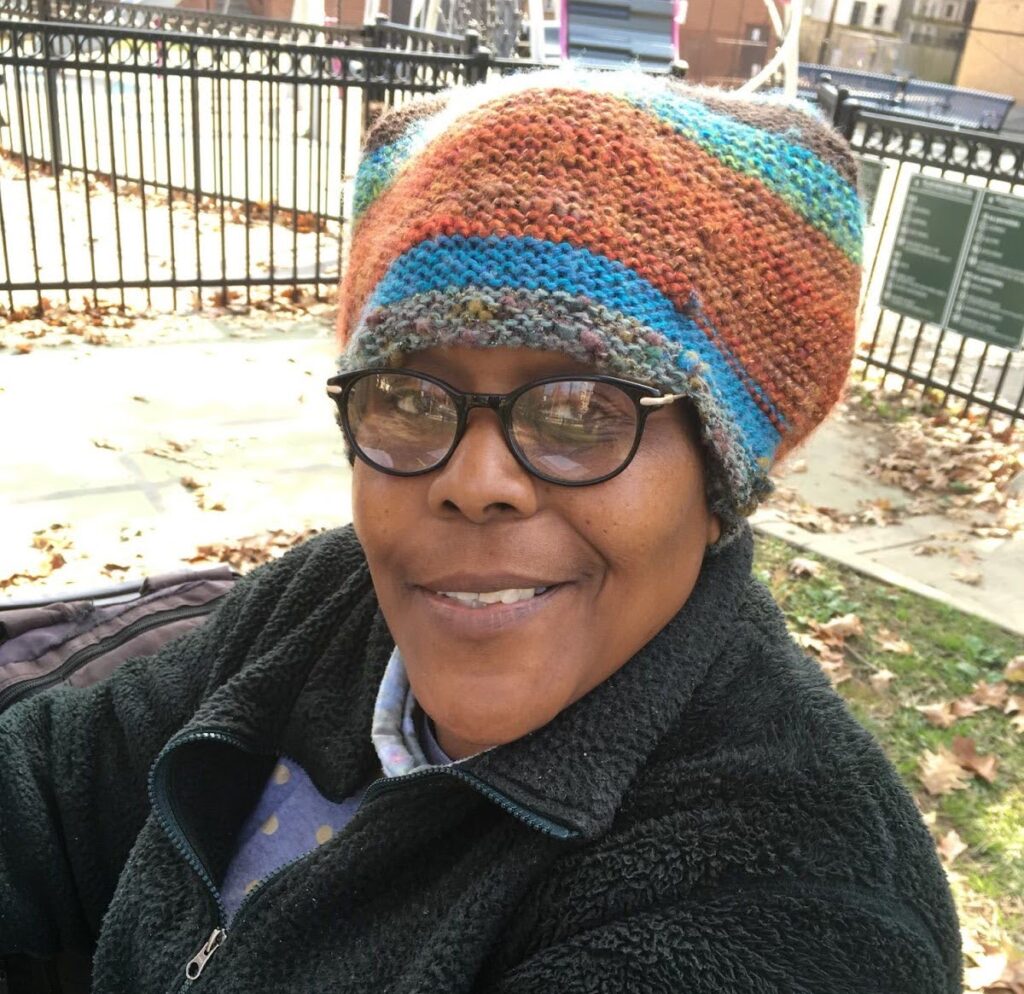Anyone who has ever volunteered at a soup kitchen, donated to a food bank, or contributed in some other way to a hunger relief effort may feel slightly uneasy after reading this 318-page, highly provocative book.
Author and sociologist Janet Poppendieck takes a critical look at the emergency food network in the United States. Over seven years, Poppendieck visited soup kitchens, food pantries, food Banks, and food rescue programs in nine states, combining her observations with interviews of emergency food providers, clients, government officials, and other people involved with hunger relief programs. What she found was both inspiring and deeply troubling.
On the one hand, she found a greater vigor and creativity among emergency food providers to reduce stigma and preserve dignity among charity recipients than she had expected. “I came back to my desk more hopeful about the possibilities for progressive social change in America than I had been when I set out,” she writes.
However, she found that the growth of voluntarism and private charity as a response to declining public assistance is making it even easier for the government to do away with welfare and other public entitlements such as food stamps and outreach.
Well-meaning volunteers are essentially trapped in this vicious cycle. “We are so busy building bigger, better programs to deliver food to the hungry, and to raise the funds and other resources necessary to continue and expand our efforts in response to the rising need, that we are losing sight of both the underlying problem and tits possible solutions,” Poppendieck writes. “Programs that were created largely to compensate for the shortfalls of public entitlements are being used to further undermine them.”
Over nine chapters, the author reconstructs how the emergency food system went from a temporary solution to a permanent fixture in our society, needed by a large assortment of people and institutions. The author illustrates the use and need of emergency food systems in our society by stating that:
“The United States Department of Agriculture uses it to reduce the accumulation of embarrassing agricultural surpluses. Business uses it to dispose of nonstandard or unwanted product, to protect employee morale and avoid dump fees, and, of course, to accrue tax savings. Celebrities use it for exposure. Universities and hospitals, as well as caterers and restaurants, use it to absorb leftovers. Private schools use it to teach ethics, and public schools use it to instill a sense of civic responsibility. Churches use it to express their concern for the least of their brethren, and synagogues use it to be faithful to the tradition of including the poor at the table. Courts use it to avoid incarceration people arrested for Driving While Intoxicated and a host of other offenses. Environmentalist use it to reduce the solid waste stream. Penal institutions use it to create constructive outlets for the energies of their inmates, and youth-serving agencies of all sorts use it to provide service opportunities for young people. “…If we didn’t have hunger, we’d have to invent it.”
Although this book was published in 1998 and may be hard to find in bookstores, it is well worth tracking down. The issues that Poppendieck raises continue to plague emergency food providers and may be more pressing than ever. The author urges “We need to imagine and then create a movement that will integrate rather than segregate poor people, that will cast them in the role of fellow workers for the greater good rather than grateful recipients of our exertions on their behalf.”
Peoppendieck writes with knowledge, perspective, and compassion. This important book is sure to stimulate discussion and should prompt us to dig deeper within ourselves for a more permanent solution to poverty.








